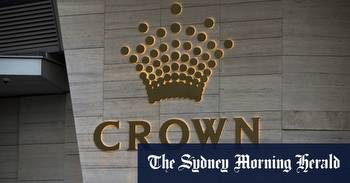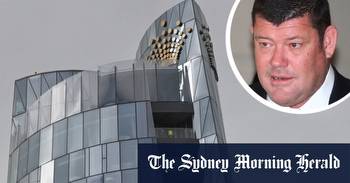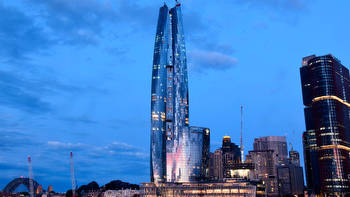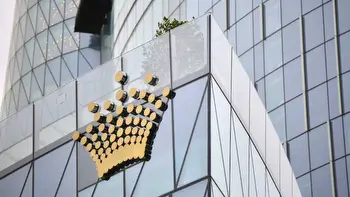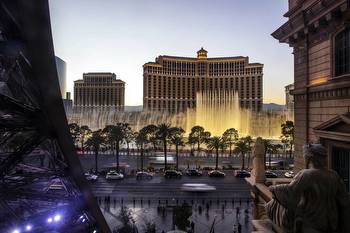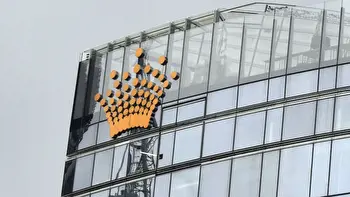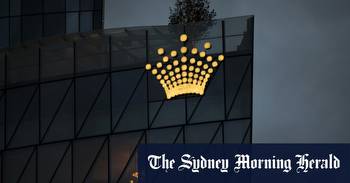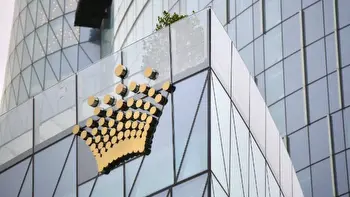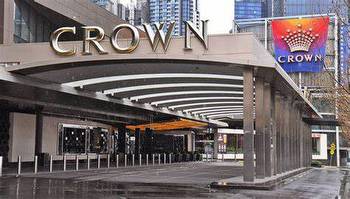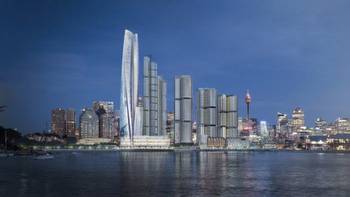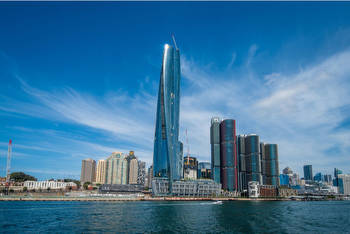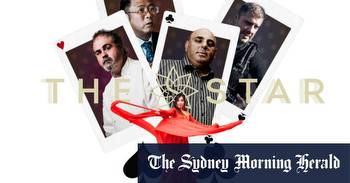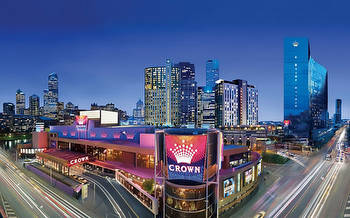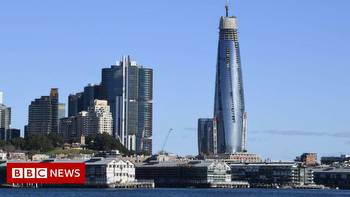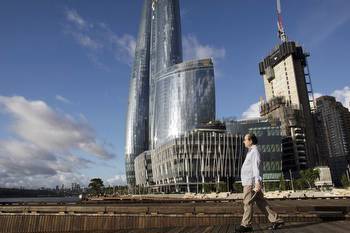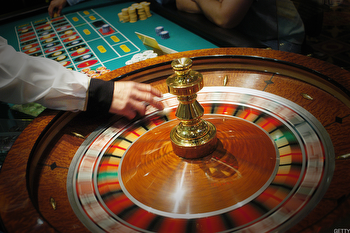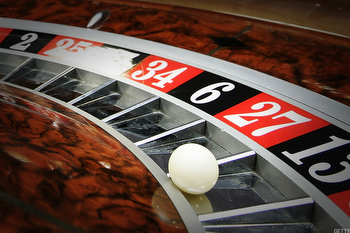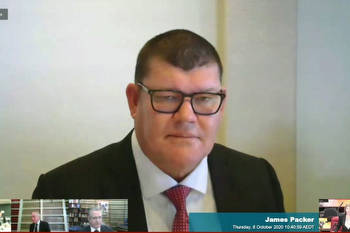Crown Barangaroo’s casino licence is critical to its survival in Sydney

But the world was a very different place in 2012, when Packer unveiled his grand plans with NSW premier Barry O’Farrell, and talkback radio king Alan Jones, providing the backing chorus.
The casino mogul was still educating his fellow Crown investors, various state governments, and Australians at large, about the new phenomenon of Chinese tourists and the whales – big gamblers willing to bet up to a million dollars at a time – he was trying to entice from the gambling enclaves of Macau and Las Vegas.
Integrated resorts like Barangaroo, and the multibillion-dollar revamps of Crown Melbourne and its Perth casino, were a necessary investment to entice both the high rollers and this big-spending new wave of Asian tourists who, according to Packer, carried similar tastes to the high rollers. This included a strong predisposition to good food, good shopping and gambling.
“Key to the success of these integrated resorts has been their ability to attract Chinese tourists. China’s wealthy are spending increasing amounts of time and money on their quality of life, with luxury travel their leisure activity of choice,” he said in a speech in Perth in 2011.
The high roller market was already turning over $30 billion a year in Australia with Crown taking the lion’s share of this bounty by offering big punters access to a fleet of Gulfstream jets, limousines, luxury villas and exclusive entry to the Capital Golf Course, in south-east Melbourne. Whales were also treated to private gaming “salons”, which enjoyed a special exemption from bans on smoking indoors.
Back in 2012, analysts estimated that to justify the $1 billion for the Barangaroo development, Crown would need these wealthy, predominantly Asian, gamblers to spend $23 billion a year on its baccarat tables when it opened.
Thanks to legal battles with some of these high rollers, we know that Chinese construction tycoon Li Pei Ye, or “Eddie Ye”, turned over more than $120 million a year at Crown until that relationship soured and ended up in court.
According to courtroom evidence, one visit alone to Crown in July 2000 cost Ye $5 million.
But to woo these high rollers away from similar resorts in Singapore and Macau, Crown took a step too far by marketing its services directly in China, where gambling is illegal outside of Macau.
Packer’s grand dream came crashing down in October 2016 when 18 Crown staff in China were arrested and later charged with offences relating to the promotion of gambling.
Crown’s access to the VIPs who were meant to underpin the economics of its Barangaroo casino – which had barely broken ground – vanished. VIP turnover plunged 45 per cent for that December half year despite most of that period being unaffected by the arrests.
The following year came the fire sale of toys that had helped entice the high rollers, including the golf clubs, private jets and yachts like Crown Perth’s $50 million, 40-metre-long, Italian-made super yacht, Infinity.
But worse was to come when revelations about governance failings in The Age, The Sydney Morning Herald and 60 Minutes back in 2019 sparked an inquiry by the NSW Independent Liquor and Gaming Authority.
The unprecedented inquiry laid bare how Crown went into business with alleged members of Asian crime syndicates, its failure to stop money laundering at its casinos, and how its thirst for profit led to 19 employees being arrested and jailed in China.
Crown was subsequently found unfit to hold a casino licence in all of its jurisdictions.
Winning back a probationary licence for Sydney this week was the culmination of a process that has engineered the complete removal of Crown’s previous board and executive team but, as Packer walks out the door, a larger question remains: How will Blackstone ensure its $8.9 billion acquisition pays its way and the untested Barangaroo casino lives up to its promise?
While the disgraced junket operators that helped entice high rollers from China have been banned, analysts still think Crown can entice VIP gamblers to its new resort.
Macquarie says that a fully ramped-up casino operation at Barangaroo – which does not have any poker machines – could get 35 per cent of Sydney’s domestic market for table-based games like Blackjack and Baccarat and about $10 billion of VIP turnover.
McCann points out that the profit margins will be much better on the VIP business that it does attract without the heavy overheads of junket operators and private jets.
“When you look at the VIP business, historically, it was not a particularly high margin business because the cost of that business, [and] also the bad debts that it incurred,” he says.
“So, we don’t need to get anywhere near the revenue or turnover levels that we used to have to drive similar business outcomes.”
But Crown has also successfully hedged its billion-dollar bet with a punt on another great Sydney passion: property.
Around half of the $2.2 billion development cost of Crown Barangaroo has been offset by sales of luxury apartments like the one purchased by Packer.
It is a theme that the market expects Blackstone to continue as it pursues the ultimate property play: selling off the underlying real estate of Crown’s casinos in Sydney, Melbourne and Perth and leasing it back. Blackstone engineered such a deal last year for The Cosmopolitan of Las Vegas, which it acquired in 2014.
The gains for Crown’s new owners could more than double the billion dollar-plus jackpot from the luxury apartment sales.
Speaking after the Crown acquisition settled on Friday, Chris Tynan – who heads Blackstone’s real estate business in Australia – said the group does not currently have any such plans to split the operating business from the underlying land it owns.








